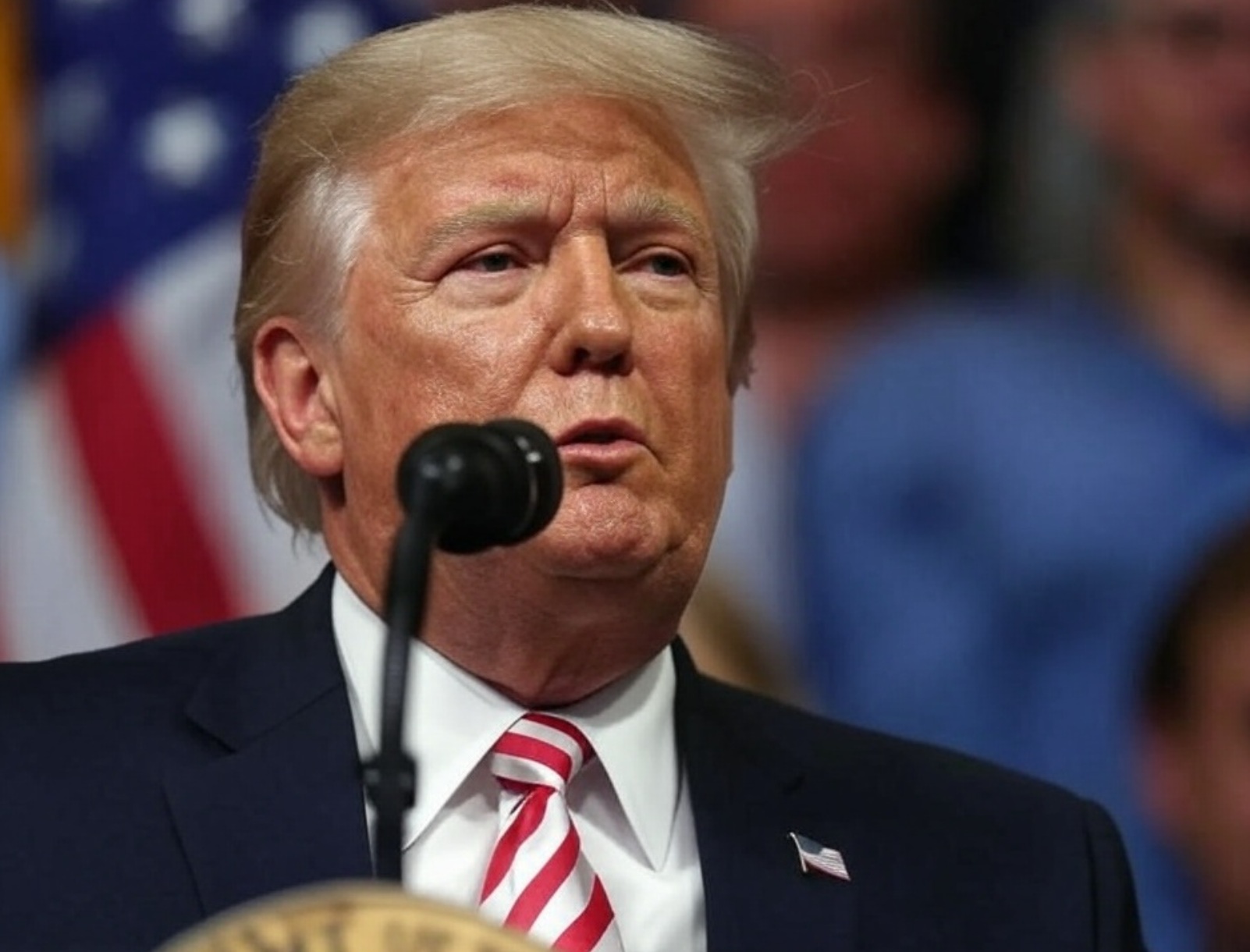Trump Escalates Trade War with Steep 125% Tariffs on China

In a bold move to reshape global trade dynamics, former President Donald Trump has announced plans to impose a staggering 125% tariff on Chinese imports, signaling a significant escalation in U.S.-China economic tensions. The policy, unveiled as part of Trump’s broader economic agenda, aims to protect American industries, bolster domestic manufacturing, and address longstanding trade imbalances.
The proposed tariffs target a wide range of Chinese goods, from electronics to textiles, which could dramatically increase costs for American consumers and businesses reliant on these imports. Trump’s administration argues that the measures are necessary to counter what they describe as unfair trade practices, including intellectual property theft and market distortions caused by Chinese subsidies. “We’re bringing jobs back to America and leveling the playing field,” Trump said in a recent statement, emphasizing his commitment to economic nationalism.
Critics, however, warn of potential fallout. Economists suggest the tariffs could disrupt supply chains, drive up inflation, and strain U.S.-China relations further. Small businesses and retailers, already grappling with rising costs, fear the measures may force them to pass on higher prices to consumers or absorb significant losses. “This is a high-stakes gamble,” said one trade analyst, noting that retaliatory tariffs from China could target American exports like agriculture and technology.
The announcement has sparked intense debate in Washington and beyond. Supporters view it as a necessary stand against China’s economic influence, while opponents argue it risks alienating allies and destabilizing global markets. As the policy takes shape, its ripple effects are likely to be felt across industries and households, raising questions about the long-term impact on America’s economic landscape.
With implementation details still emerging, the world watches closely to see how Beijing will respond and whether Trump’s tariff strategy will redefine the U.S.-China trade relationship for years to come.




